The heart is a complex organ, and the conditions affecting it can present a vast number of unpleasant or life-threatening symptoms. At San Diego Cardiac Center, we offer advanced diagnostic testing to accurately identify the cause of your symptoms, followed by the appropriate treatment.
If you experience any of the following symptoms, it is critical that you have your condition evaluated, as early intervention can be life-saving or slow the progression of a serious heart condition. Be alert to the following symptoms of heart disease or damage:
- Fluttering heartbeat: Heart palpitations can be caused by an arrhythmia, a heart defect, or another heart problem that requires treatment.
- Racing heartbeat: A racing heartbeat may be related to an arrhythmia or a condition called supraventricular tachycardia (SVT).
- Slow heartbeat: A slow heartbeat is called “bradycardia” and could indicate that your heart is unable to supply enough oxygen-rich blood to the rest of your body.
- Bluish skin tone or lips: This symptom indicates the blood is not delivering enough oxygen, which could indicate serious heart disease.
- Chest pain: Angina, or heart pain caused by reduced blood flow to the heart, is a symptom of coronary heart disease.
- Shortness of breath: Several heart conditions can lead to shortness of breath, including coronary heart disease, heart failure, atrial fibrillation, and others.
- Fainting: Low blood pressure, an enlarged or weakened heart, damage to the heart muscle, or a valve disorder can all lead to fainting, and getting a diagnosis is an urgent matter.
- Lightheadedness: Lightheadedness may be a symptom of heart disease, stroke, or a heart attack. Most often, this is a serious symptom if accompanied by chest pain, nausea, arm pain, back pain, or jaw pain.
- Dizziness: Dizziness is a common symptom associated with heart failure, abnormal heart function, irregular heartbeat, or the narrowing of a heart valve.
- Nausea, indigestion, heartburn, stomach pain: These symptoms may appear during a heart attack, along with pressure, tightness in the chest, and pains spreading to the neck, jaw, or back.
- Radiating pain on the left side of your body: This symptom often accompanies a heart attack.
- Throat or jaw pain: A painful sensation in your jaw, like a toothache, can be a symptom of a heart attack. Women often experience this symptom during a heart attack, occurring on the lower left side of the jaw.
- Fatigued or exhausted easily: A constant feeling of fatigue can be a symptom of heart failure or coronary artery disease.
- Sweating: Sweating suddenly or more than usual may be a symptom of heart conditions such as narrowed arteries.
- Swollen feet, legs, and ankles: Edema, or swelling in the feet, legs, and ankles, can be a sign that your heart is in trouble, with the blood flow backing up in the leg veins and causing fluid buildup in the tissues.
- Irregular heartbeat: An irregular heartbeat may be a symptom that your heart’s electrical system is not functioning correctly.
- Trouble breathing: The early stages of heart failure may present by a noticeable change in your breathing when moving about, exercising, or even when at rest.
- Problems with vision or speech: Cardiovascular disease can trigger vision problems. A sudden symptom of impaired ability to speak could indicate you are suffering a stroke or other heart condition.
